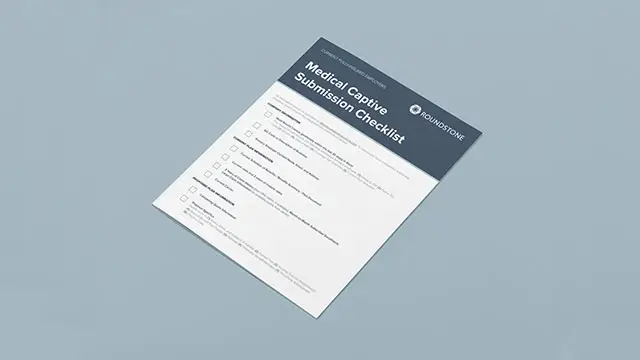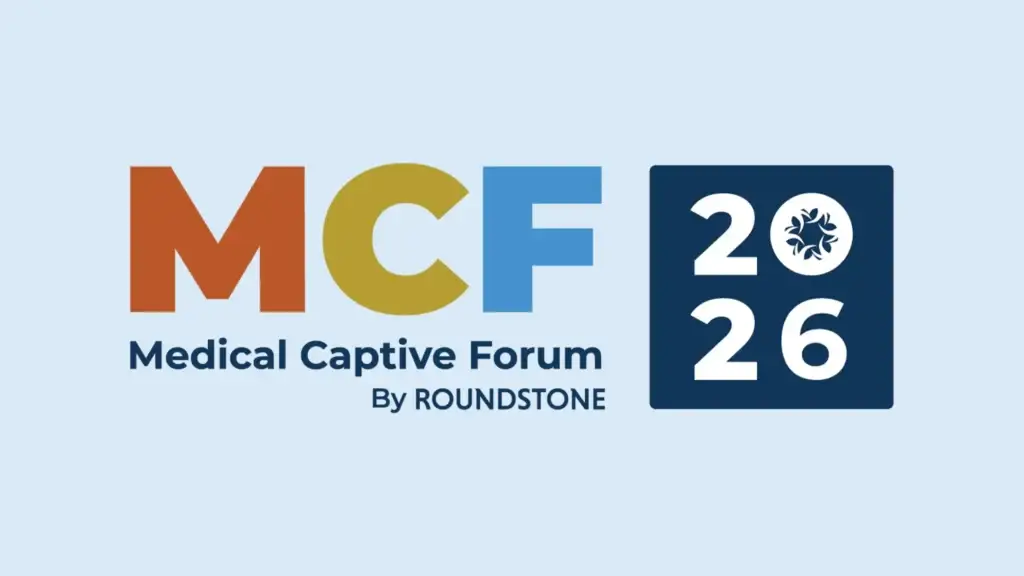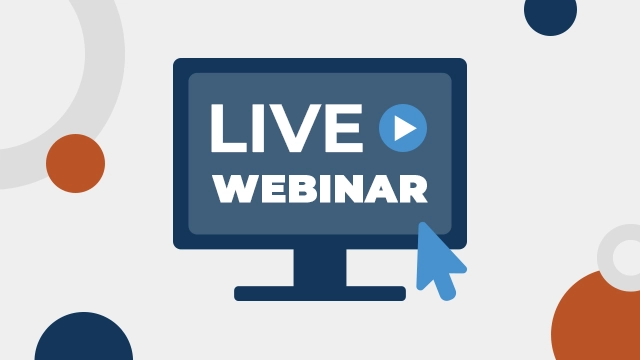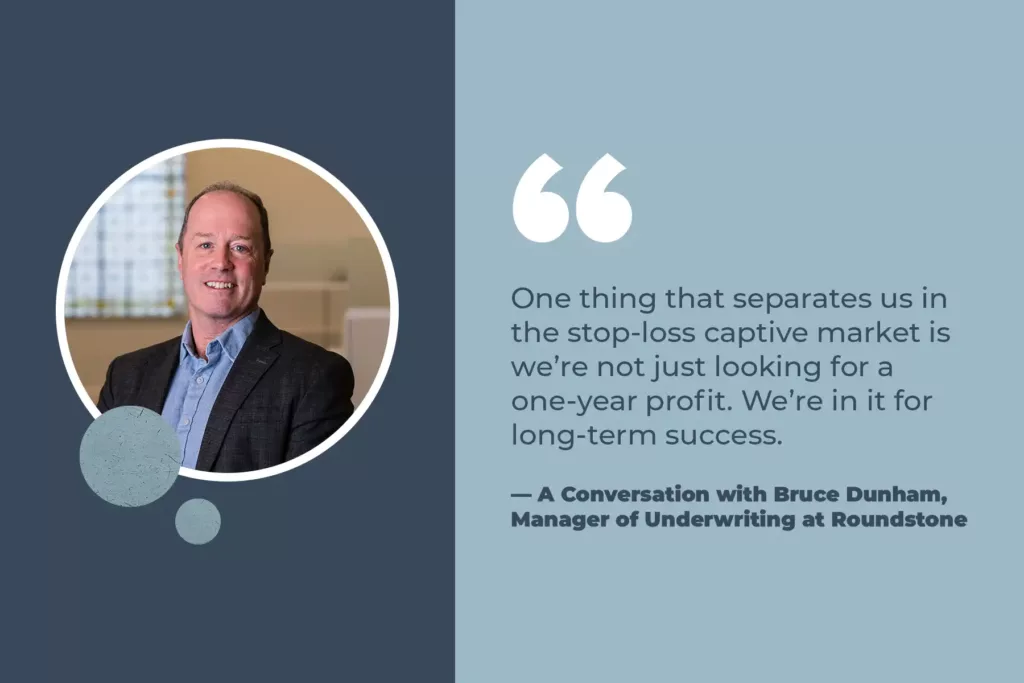Highlights
- Roundstone’s in-house underwriters provide personalized access to the risk assessment of a self-funded health insurance plan – advisors and employers can benefit from their wisdom and experience.
- Underwriting its own policies in-house allows Roundstone to take a more disciplined approach to underwriting, ensuring stable, more consistent renewals.
Whether you’re an advisor or employer, there’s something special about having personal, one-on-one access to your insurance policy’s underwriter, keeping them on speed dial, so to speak.
At Roundstone, you always have a close connection to the in-house underwriters of your policy.
You gain personal access, which means you benefit from their wisdom and experience. You can better understand whether a policy is right for you – and you can better custom design that policy so it better meets the unique healthcare needs of your people.
In-house underwriting sets Roundstone apart when it comes to stop-loss captives. It offers both advisors and employers rare access that can be invaluable when it comes to crafting that perfect self-funded health plan to meet their needs.
“We tend to have probably three to four times our normal close rate when we involve underwriters early in the sales conversation,” said Bruce Dunham, Underwriting Manager for Roundstone. “It helps us better evaluate the risk. The group will often disclose helpful information about what is driving their thought process to look at certain options. That helps us tailor the solution better so we can customize a plan closer to what they are looking for.”
Underwriting by the Book – Self-Funding You Can Bank On
Underwriting all policies in-house also allows Roundstone to price policies by the book – it allows us to take a more disciplined approach to bringing on risk compared to the fully insured market, even when claims information is often not readily available.
We don’t shadow-price – naming a price just to match what a competitor is offering – or use maximum allowable discretionary discounts just to write business. This leads to a much more stable renewal long-term, which can be advantageous to both advisors and employers because they don’t need to be continually shopping policies year after year.
“One thing that separates us in the stop-loss captive market is we’re not just looking for a one-year profit,” Dunham said. “We’re in it for long-term success. That’s our focus bringing them into the fold the first year, and then just giving them consistent, stable renewals moving forward that are easier to predict and budget.”
That’s why Roundstone stands behind our five-year guarantee – you’ll save money over five years with Roundstone, compared to a traditional fully insured plan, or we’ll make up the difference. That’s a promise that honestly gave our finance department jitters at first – until they reviewed the numbers in detail and realized why it was a confident choice.
In fact, two-thirds of Roundstone customers save enough in their first four years to entirely pay for their fifth year of claims. And 100% save money, full stop.
Value Alignment: Savings Stay in the Employer’s Pocket
In-house underwriting is inherently cheaper. At Roundstone, those savings are passed onto the employer, resulting in a lower expense load and a higher return of unused healthcare spend at the end of the year. We like to pay our distributions in cash, six to seven months after the policy year concludes, faster than any other captive on the market – if they even refund distributions at all. Many don’t or simply add it to the pool for next year. We believe it’s your money – you should keep it.
In-house underwriting also allows us to underwrite in a way that better serves our values and alignment – what’s ultimately good and in the best interest of the employer and employees, rather than a pure profit play.
Over time, we’ve learned how to negotiate better expenses, such as a lower fronting fee with carriers. These savings aren’t pocketed by Roundstone but are instead passed onto the employers in the form of additional savings.
That kind of alignment is why Roundstone doesn’t take overrides or kickbacks from vendors, TPAs, or PBMs. Any cost-saving solution, TPA, or PBM is recommended purely in the employer’s or employees’ best interest.
“It’s a different kind of mindset – one that differentiates us in the captive space,” Dunham said. “It’s helped us be able to return savings consistently, which is something not every MGU or captive can say.”
What is Collateral? Why Roundstone Has the Lowest Collateral in the Industry
Lower fronting fees allowed us to lower our collateral to the lowest rates in the industry – 7%, whereas most captives charge 11% to 15%, and sometimes as high as 25%. Many captives also require stacked collateral, meaning you must pay two years in a row, essentially twice the collateral. Roundstone is a one-time fee, paid upon entry to the captive.
And if you should leave Roundstone, your unused collateral is fully refunded to you in the form of cash. We don’t believe in handcuffs – forcing you to stick with a plan or risk losing your collateral or return of unused premium. Your primary incentive for renewal is it’s a good plan that saves you money and provides high-quality care.
What is collateral? It’s essentially the price of admission into the captive. Collateral is a percentage of stop-loss premium. It provides a safety net and is paid by members in case healthcare costs go way above expected. Collateral covers any unexpected costs that might be more than the captive has received as premium.
But if you’re joining a large, well-established captive like Roundstone, the likelihood of having to dip into the collateral is exceedingly rare. Younger, less established captives are more subject to volatility because they don’t have the reserves to take a few bad hits. A sizable stop-loss captive provides stability in numbers – you don’t have to do self-funding alone. Risk is spread out and shared across the entire pool.
Currently, Roundstone’s Captive protects nearly 1000 employers and almost 200,000 lives. Members of the Captive gain the same risk predictability as a Fortune 500 company, even if they only have 25 employees.
Consistent Renewals When Self-Funding in a Stop-Loss Captive
In addition to risk protection, Captive members are also able to get off the escalator of increasingly high premiums, which have become all too common in an era of expensive healthcare. Rather than unpredictable increases that are common in the fully funded insurance market, Captive members tend to see increases around 2% to 5% two to three years into their self-funding journey. This leads to an easier renewal process, which advisors love.
“Once they’ve gotten off the fully insured merry-go-round and start to see the results, they realize we practice what we preach,” Dunham said. “These advisors become converted – they become cheerleaders of the stop-loss captive. Fourth quarters become a breeze because they don’t have to fight the battle of renewal season every year. Renewals start to run like clockwork because their clients are successful, save a ton of money, and can afford to provide quality healthcare to their employees.”

The Advantage of Lightning-Fast Bindable Proposals
Another advantage to in-house underwriting is you don’t have as many middlemen, which means Roundstone can be lightning-fast at getting out proposals. This can be invaluable to advisors during the rush of busy season.
“I would be surprised if we are not hands-down the fastest in the market at getting out proposals,” Dunham said. He estimates Roundstone can turn around a proposal in around 2.4 days, while most Captives are lucky to get it out the door in 10 days.
And since Roundstone’s in-house underwriters trust their own math, our quotes are close to being bindable, assuming there are no changes in plan design or metrics on the part of the employer. Many other captives are practically Monty Python about their proposals: “Don’t you want to haggle?”
A Family-Owned Company That Prioritizes Quality Healthcare
In an era where private equity practically owns the world, Roundstone’s family ownership is refreshing. There’s a different incentive when private equity is involved — you tend to take kickbacks and fees to satisfy the shareholders, often at the expense of captive members. At Roundstone, our primary motivation is the best interest of the employer, not a board of directors.
“(Roundstone’s President and Founder) Mike (Schroeder) is more interested in building Roundstone as a legacy than selling the company out to a private equity firm for profit,” Dunham said. “We have a mission and a mission statement that prioritizes the employer and their employees. That’s what drives every decision we make – and what sets us apart from many other captives on the market.”
Roundstone stands ahead of other captives because of our in-house underwriting, our low expense load, and our alignment to the best interests of the employer and their employees. Our mission is to provide you affordable, quality healthcare that can be an attractive lure to any job posting – benefits that keep your people committed and doing the hard work to ensure your company succeeds. It’s a different mindset. Ready to see what it’s all about?
Contact us today to see how we can make a difference to your benefits plan.












